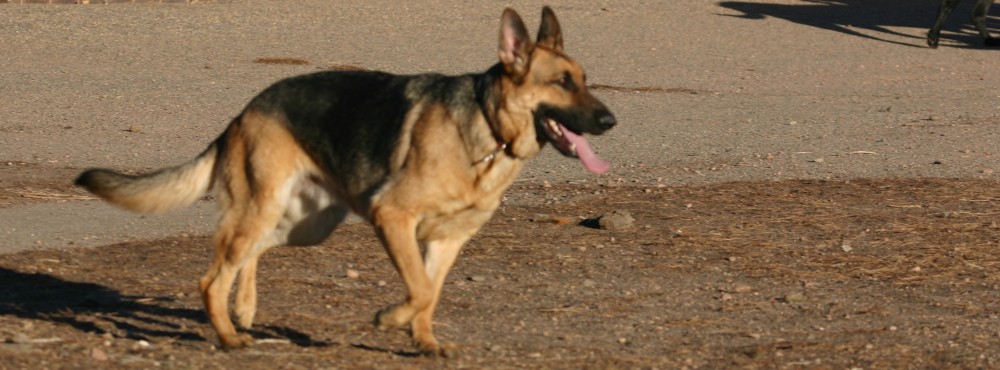There I was, standing in Sam Gary Branch Library in Denver when I saw it–“Celebrate National Library Week, April 12 to 18.” It was a small sign on regular typing paper, but it stood in the traffic lane as we walked in. Unfortunately, I didn’t stop to take a photo, but I’ve been thinking about this important recognition since. Where would we be without the great help of our local librarians and the institutions they serve?
Libraries are actually a gift we give ourselves. They are funded by a combination of federal, state, and local taxes along with generous donations from people like you and me. So we directly benefit from the taxes we grumble about. I don’t have any research to go into a long story about how funding is being cut too dramatically. Nor have I a story of a specific librarian to talk to you about–but the thing is, I should.
Could you imagine where we’d be without our libraries? I remember reading that best-selling author and motivational speaker, Og Mandino, found himself to be a failure and an alcoholic at age 35. What turned him around, he said, was living in the self-help section of his local library. Imagine a world without the wonderful book, The Greatest Salesperson in the World.
Or how about David Morrell‘s story? I heard him speak last weekend at Genrefest in Wesminster, CO. Mr. Morrell kept our group of 50 to 60 local writers enthralled for nearly three hours with stories of his writing life. At one point he shared with us that after losing his granddaughter to a rare bone cancer, he thought he wouldn’t write ever again. But he became caught up in the personal story of Thomas De Quincey, an opium addict who espoused the trappings of the inner-mind a few decades before Sigmund Freud came on the scene. For three years he read nothing but Victorian England works. Without libraries to help with his sources, where would he be? Where would we, as readers be, without Murder as a Fine Art or his latest work, Inspector of the Dead?
I have to admit, I’ve been a poor supporter of libraries in the past. They can be so intimidating. But I remember my first library love. We lived in Nottinghill Gate in London, long before it became the center of that popular movie, and was spoiled by the up-and-comers of London life. I lived on a street romantically called Pembroke Gardens. At the base of the street, in another of the infinite number of Georgian homestyle buildings, snuggled a tiny library, no larger than a small sitting room and a breakfast nook. It was in this faerie sized dwelling that I re-ignited a love of books. Here I read Leon Uris’s Exodus, and Arthur Miller’s The Crucible. From this library came the gift of Georgette Heyer and Jane Austen. I could snuggle up in well-worn chairs like one might find in today’s Tattered Cover bookstores of Denver, and read for hours on end. When we moved to London, I couldn’t work–I was on a visitor’s visa for six months. Who knew what a gift that time and the little local library would be for me?
Do you have a favorite library story? Perhaps you could share it here or with your local librarian with thanks from us all.


